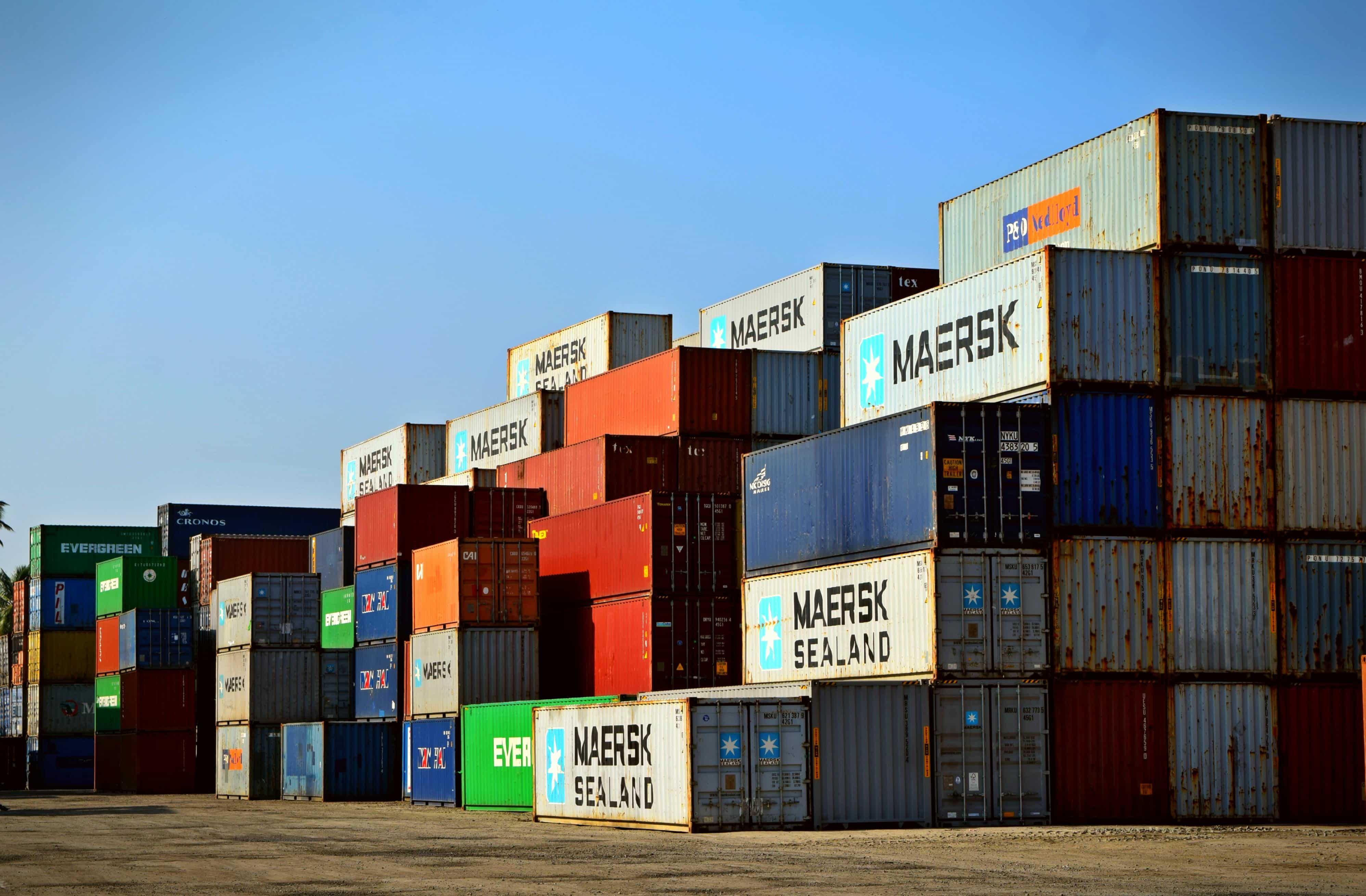
Supply chains worldwide have faced unprecedented disruptions in recent years, from the global pandemic to trade instability and labor strikes. These challenges have bottlenecked distribution networks, leaving companies to rethink their traditional approaches. While the need for adaptation is not new, the scale and complexity of recent events accelerates the need for companies to fortify their supply chains.
In response to these growing obstructions for manufacturers and distributors, organizations are turning to strategies embracing agility, automation, and streamlined integration. By adopting new technologies and leveraging data-driven insights, companies can build stronger, more flexible supply chains capable of withstanding future disruptions. This article will summarize the key disruptions impacting distribution chains today, and discuss how to navigate these challenges and build a more resilient framework.
Recent Global Supply Chain Disruptions
Global supply chains have experienced a persistent series of hurdles that have revealed vulnerabilities in even the most robust networks. Fully understanding these disruptions is key to building more resilient operations. From pandemic shutdowns to labor strikes, each of these events have impacted supply chains in unique ways.
Pandemic-Related Disruptions
The COVID-19 pandemic led to significant bottlenecks in global supply chains, with industries experiencing shortages in raw materials, transportations delays, and sudden demand shifts. This period revealed the disadvantages in relying on single-source suppliers and stressed the importance of diversification and agile supply chain management.
Labor Strikes and Workforce Shortages
Recent labor strikes and shortages of skilled workers in logistics and manufacturing have created additional distribution chain challenges. Delays in production and transportation have become increasingly common, leading many companies to explore automation technology driven solutions fill gaps in productivity.
Global Trade Instability and Geopolitical Tensions
Shifts in global trade policies -including tariffs, trade wars, and regulatory changes – have introduced a variety of new problems in international supply chains. Uncertainties around trade agreements have brought about fluctuating costs, impacted procurement strategies and forced companies to have adaptable supplier options.
Extreme Weather Events
The increasing frequency of weather events, including hurricanes and floods, has caused unexpected delays and disrupted transportation routes. As this extreme weather continues, organizations with infrastructure that can withstand these unpredictable disruptions rise above the competition.
Shift in Consumer Demand
Although not directly considered a disruption, consumer behavior adds a layer of complexity to supply chains. Trends like eCommerce growth and shifting product preferences affect businesses with a linear supply chain model. Adopting a dynamic approach to supply chain that prioritizes responsiveness and flexibility can greatly aid competitiveness.
Strategies for Overcoming Distribution Disruption
Now that we have gone over the recent global disruptions affecting supply chains, let us explore the key strategies that businesses can use to builder stronger, more adaptable networks. From integrating back-end systems to automating critical processes, these optimizations assist in maintaining continuity:
Diversifying Supplier Networks and Sourcing Options
Relying on a single supplier or region makes supply chains especially vulnerable to the disruptions discussed above. Building strong relationships with multiple suppliers and establishing alternative sourcing options are essential steps for minimizing dependency on any one source. This strategy ensures operational continuity even if one supplier is affected.
Implementing Cloud ERP for Enhanced Operational Resilience
Cloud-based ERP systems act as the central hub of modern supply chain operations, enabling businesses to streamline processes, gain end-to-end traceability, and optimize workflows. Solutions like Sage Intacct and Acumatica provide real-time data visibility, advanced analytics, and automated processes that enhance efficiency and accuracy across distribution networks. By moving to a cloud ERP, companies can eliminate data silos, improve collaboration with suppliers, and make data-driven decisions faster. Additionally, cloud-hosted ERPs offer robust cybersecurity features to protect sensitive data and ensure compliance with evolving regulations, further strengthening overall supply chain resilience.
Strengthening Compliance and Risk Management
Managing compliance and mitigating risk are critical for maintaining a resilient supply chain, especially with the increasing complexity of regulatory requirements. Cloud-based ERPs provide a centralized platform for tracking products, managing compliance documentation, and maintaining transparency at every stage of the supply chain. By integrating add-ons like Avalara, companies can automate tax calculations, manage exemption certificates, and streamline compliance reporting, ensuring adherence to regulations without disrupting operational workflows. This level of control and visibility helps businesses proactively address compliance challenges, minimize risk exposure, and quickly respond to audits or product recalls when needed.
Preparing Your Supply Chain for the Future
Navigating the complexities of supply chain disruptions requires more than just reactive measures. It demands proactive strategies and the right technology stack. SWK Technologies can help your business implement the right cloud ERP system and integrate compliance solutions to build a more resilient and adaptable supply chain.
Contact Us today to discover you can strengthen your supply chain against future disruptions and stay ahead of the competition.
